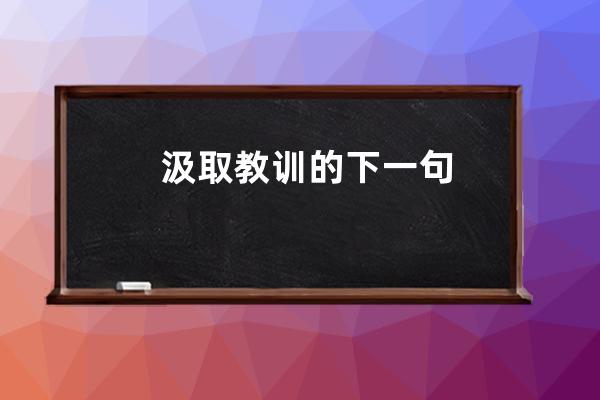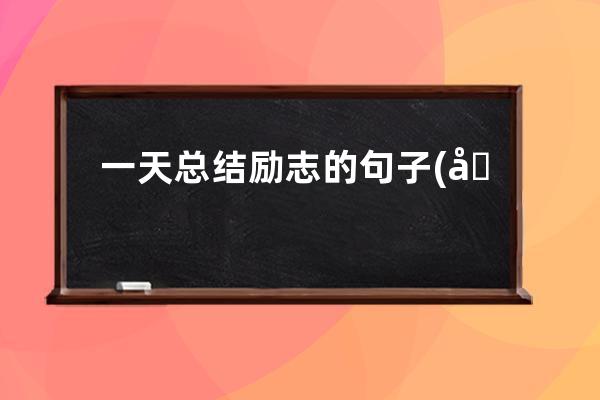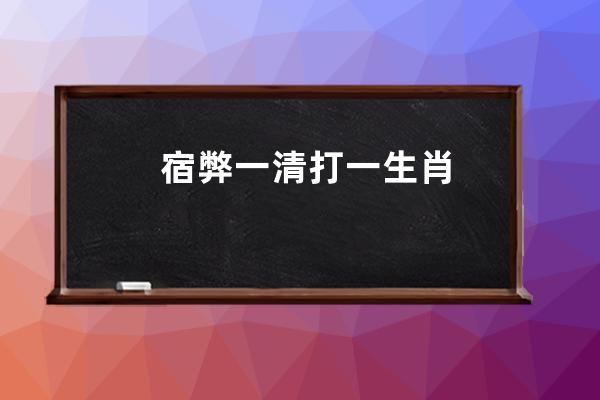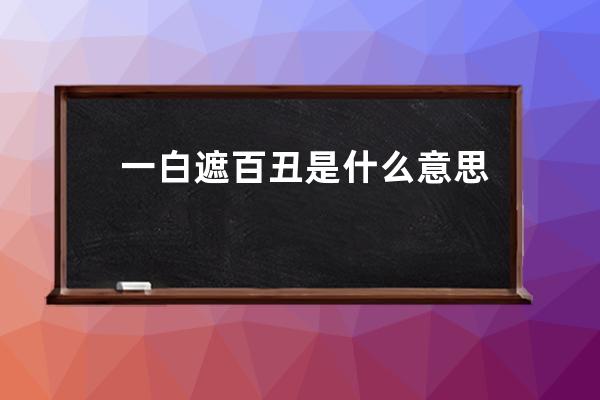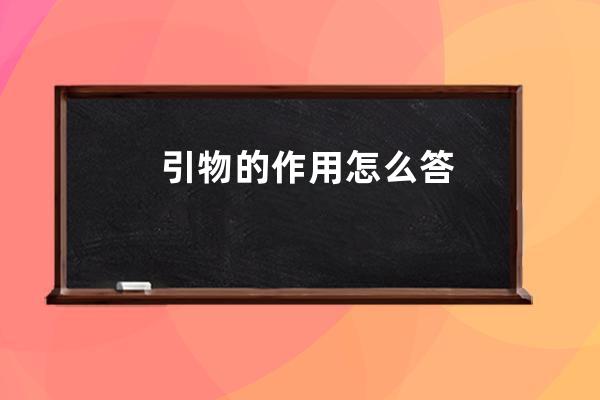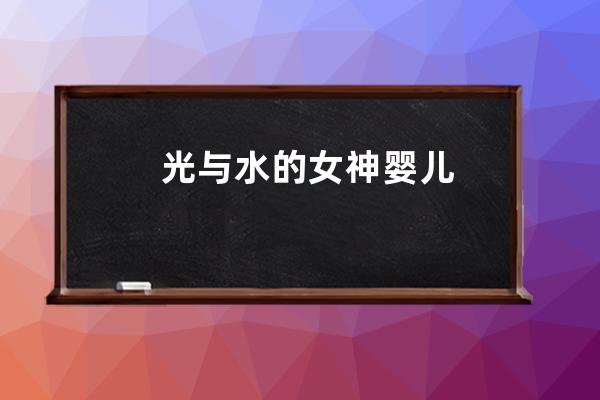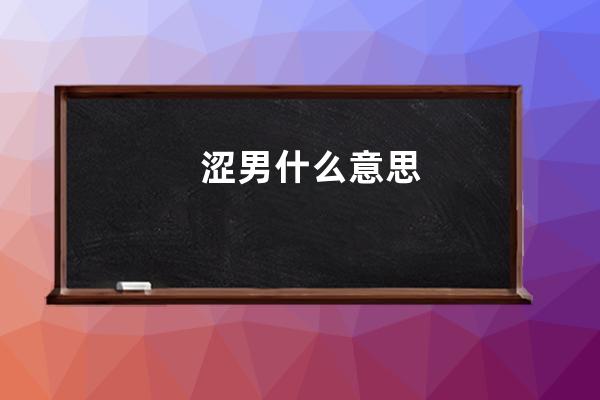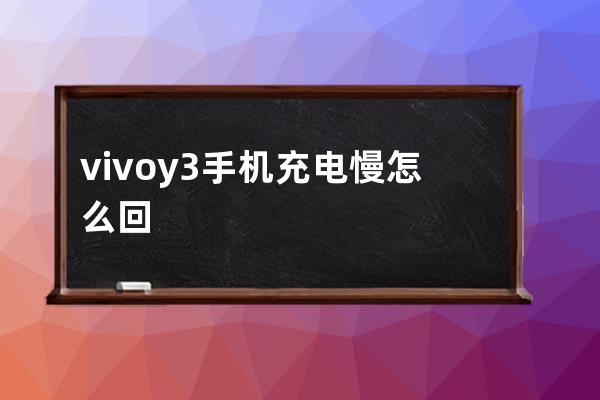likethat句子

What is "like that"?
"Like that" is a colloquial expression that is commonly used in both spoken and written English. It is used to indicate that something is similar to something else or that something is of a particular kind. It can also be used to show agreement with someone or to indicate that something is to be done in a particular manner.
Examples of "like that" in use
1. "I heard that the new restaurant is really good. I plan to check it out this weekend, like that we can have a nice meal together." Here, "like that" is used to indicate the speaker's intention to visit the new restaurant in order to share a meal with someone they know.
2. "I don't like spicy food, but I saw that you ordered something with a lot of chili peppers. If you don't mind, I'll try a bite, like that I can see if my tolerance has increased." In this example, "like that" is used to indicate the speaker's intention to try a small amount of the spicy food, in order to test their ability to tolerate the heat.
3. "I don't think it's a good idea to go out tonight, like that we can get some rest and be ready for the trip tomorrow." Here, "like that" is used to suggest a particular course of action (i.e. staying in and getting rest) in order to be prepared for the trip the following day.
Possible origins of "like that"
The phrase "like that" is thought to have originated in African American Vernacular English (AAVE), where it is used to indicate similarity or agreement. It may have later been adopted by speakers of other dialects of English, as it is now commonly used in many different contexts.
However, the precise origins of "like that" are difficult to pin down, as it is a fairly simple and ubiquitous phrase that does not have a clear historical record. It is likely that it has evolved over time as a result of its frequent use in everyday communication, taking on new meanings and contexts as it does so.
Conclusion
"Like that" is a versatile and commonly-used phrase that has a variety of meanings depending on the context in which it is used. It is likely that it originally emerged as a part of African American English, but it has since been adopted by speakers of many other dialects and is now used all over the world. Whether used to indicate similarity, agreement, or intention, "like that" is a useful and often-used part of modern English.

声明:本站所有文章资源内容,如无特殊说明或标注,均为采集网络资源。如若本站内容侵犯了原著者的合法权益,可联系本站删除。

